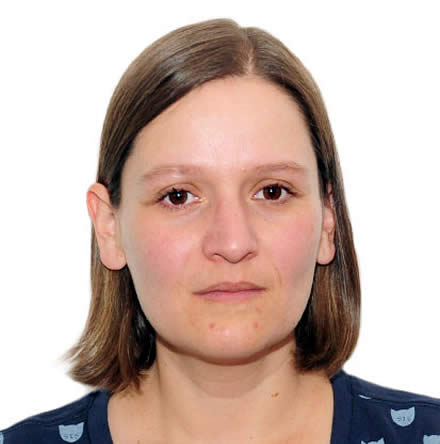
Dr. Rebeca Zamora
University of Costa Rica
Biography:
Dr. Zamora holds a degree in Veterinary Medicine from the National University of Costa Rica, a master’s degree in Animal Nutrition from the University of Costa Rica and a Specialist in Animal Production: Birds from the National Autonomous University of Mexico (UNAM). She is currently a PhD student in Agricultural Sciences from the University of Costa Rica with an emphasis on Animal Welfare. She is also a professor and researcher at the School of Animal Science of the University of Costa Rica, conducting research in animal welfare, nutrition, health, poultry management, waste management and precision poultry farming. She is a representative at the OIRSA-Fedavicac Regional Scientific Committee on Avian Health, Costa Rican Women's Chamber and Federation of Central American Poultry Farmers. She is also recognized as a Distinguished Professional by the Latin American Poultry Association and by the World Organization of Animal Protection for the work in Animal Welfare.
Speaking Date:
Tuesday, Jan. 26, 2021
Presentation Time:
10:30 - 11:00 a.m.
Presentation Title:
Development and Validation of Commercial Broiler Chicken Welfare Program
Presentation Summary:
One of the most complex aspects of the animal welfare discipline is its assessment. Welfare problems involve the individual animal, assessing well-being in large flocks is complex and requires training and much observation. The dynamics of a flock or a large group of birds depend on their size, social structure, availability, access to resources, genetics and is strongly influenced by social behavior (Mench 2018). Many aspects of well-being are multifactorial and although it is possible to demonstrate correlations between them, it is often difficult to determine their cause and effect (Manning et al. 2007). There are a lot of protocols for assessing well-being, however; they demand a lot of time in their application (Buijs 2017) making them more accessible for research than for field or commercial use (Carrot 2013). Few protocols use a wide range of indicators and few assess well-being at the commercial level.





